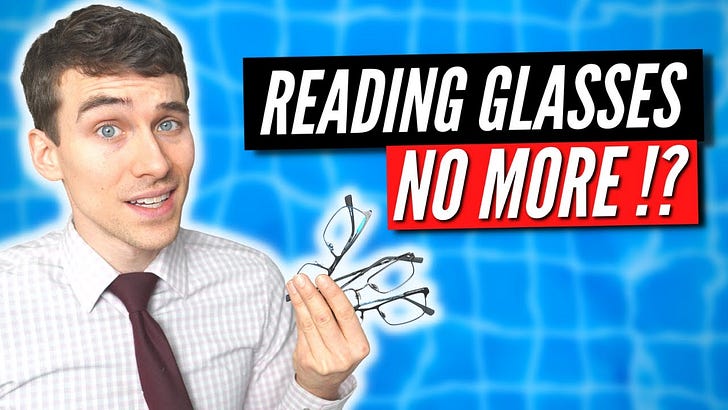There's a point at which a game becomes a golden goose.
Then, the transformation happens because there's just too much at stake.
Everything from keeping audiences involved and TV rights that seem to touch stratospheres in every cycle.
The sheer passion with which cricket is still played in street corners and hot dusty grounds seems a whole world away from the global spectacle.
But money has a way of getting in the way.
What happened to baseball is now happening in cricket - as the article puts it, the Moneyball moment is here.
The old stats were about matches played, runs scored and centuries that added up.
Now, there are several layers folded into the mix.
The connections between the kind of balls bowled and the runs scored by hitting the ball to various parts of the ground.
And the fielding positions that either staunched the flow of runs or aided them - everything is studied by the computer's cold eye.
Hawk Eye and Virtual Eyes have had their eyes on matches since the early 2000s.
Marrying these points of data to predict possible outcomes is the next big thing.
It helped, of course, that cricket moved from the incredibly long 5 day tests, to the 50 overs match to the insanely popular T20.
That makes it more in line with football matches and being able to assess the flow of a game with batsmen, bowlers and fielders moving within fixed points creates patterns to map.
When data dominates the game, passion may have to take a back seat.
Do money troubles affect early child development?
There's a provocative research paper that relates how low-income households are at a disadvantage.
It’s related to a concept called the 'word gap'
Apparently, parents worried about regular incomes spoke far less to their children, especially towards the end of the month.
About three decades ago, researchers determined that children from these households hear tens of millions of less words spoken, compared to children from affluent households by the time they are admitted in school.
Does it matter?
Adults having financial problems tend to speak less to children - at least that's the pattern the research claims to have identified.
There's not enough detail on the sample size or the time period over which the research was conducted.
At an early age, children don't understand why money is important or the effects that it could have. What children from well-to-do households can take for granted, they cannot.
Some parents may be the strong, silent type. But they aren't contributing to their children's psyche.
The distress creates dissonance in homes.
What seems to come through is that children are acutely aware that something is wrong, even while parents hide it from them.
They see themselves as different from the others and may develop coping mechanisms in response - cutting back on something they like. Or even by not asking for money.
It's as if they are forced to navigate a world and situations they aren't ready for.
A word handicap makes it even harder.
Subtitles are simple. Correct?
Wrong.
Let go through what comes into play when subtitles appear on screen - without going into the formats or the tech deployed.
First, some thoughtful UX moves. On Netflix and Amazon as well as the better OTT apps, the subtitles drop to the bottom of the frame when the progress bar disappears.
That ensures it does not cut into the action in the movie beyond a point.
For streaming platforms, the combinations can be overwhelming.
An English movie has subtitle options in 5-6 languages.
Now each of those languages have to be translated, encoded and available from the selection panel.
The size of the typefaces have to adjust to the device they are played on.
The subtitles on TV are among the ugliest because there are too many other factors to consider, and the viewer has less flexibility when operating the remote.
As streaming platforms attract viewers of films from multiple countries, the choice of subtitles gets even crazier.
And if you've watched YouTube's AI generated subtitles, you can see that real time display is still work in progress.
Imagine you're watching a Bengali film on OTT in Bangalore. Which languages should be available as subtitles? Local language plus English? And how many others?
The permutations and combinations required quickly add up when you introduce films from world cinema.
There are now dubbed options available but hearing the native language has an authenticity dubbed tracks can't match. Try it sometime and you'll hear the difference.
As to whether the subtitles are accurate translations, well, I'll leave that for a later post!
Every week, I'll plant a few ideas in your mind on branding, behavior and markets. Triggers for your thoughts. Spread the word to your friends. All you have to do is click the link and enter an email address.












Share this post